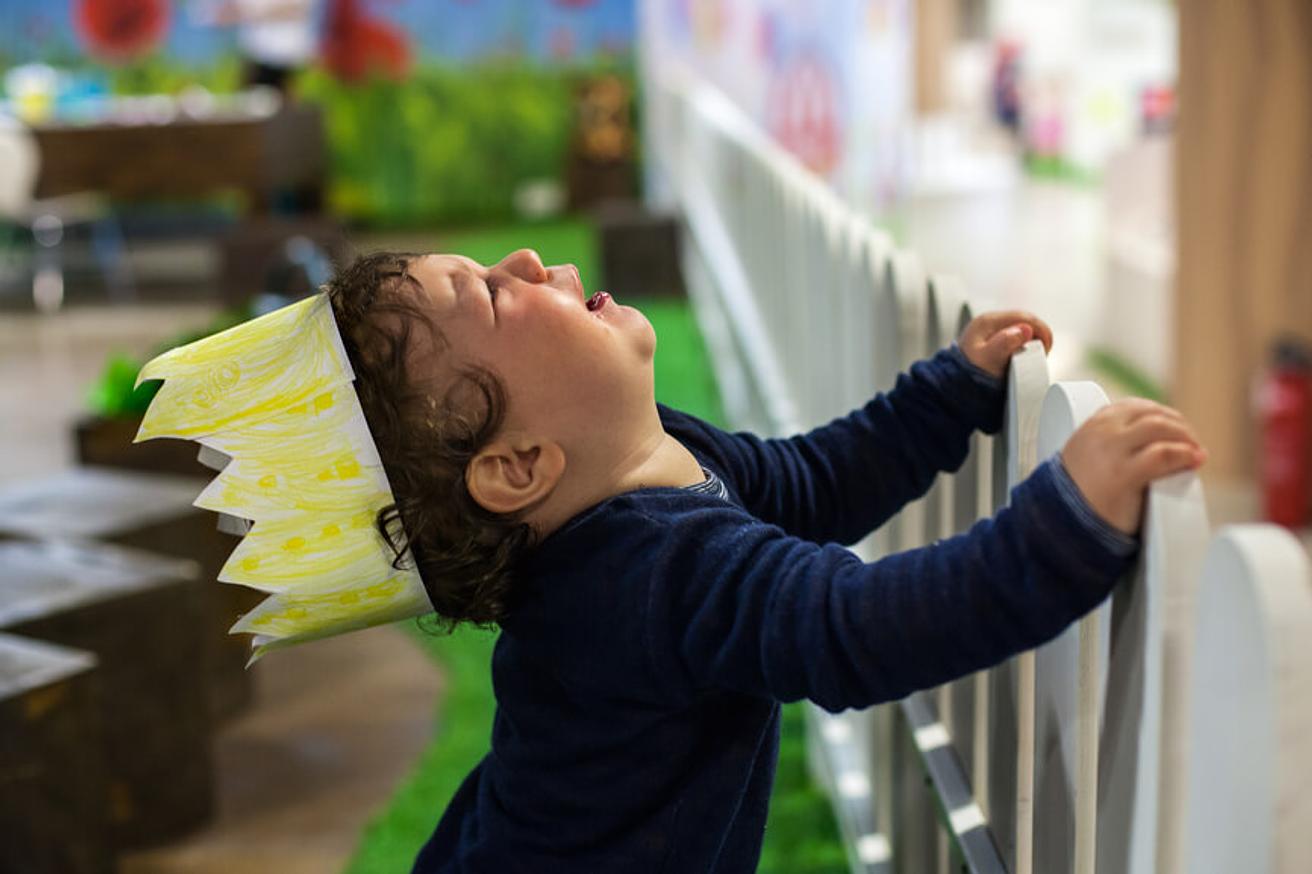Every human being experiences a range of emotions, but you wouldn’t know it from the amount of rules we create for each gender. We still bring up our boys with the expectation that a girl can be emotional but a boy only gets emotional when it’s something ‘macho’ like anger or frustration.
The truth is, there’s very little difference in the sexes emotional states when they’re children, we just tend to train boys out of expressing their emotions, unless it’s anger. And we tell girls they can express their emotions as long as it isn’t too much, otherwise they’ll be seen as unstable. Girls also aren’t allowed to be too assertive otherwise they’ll be seen as bossy.
All these made-up rules. It’s complicated trying to figure out where your own gender boundaries lie and what’s too much and too little. What does it mean if you break the boundaries? Are you not a proper ‘man’ or ‘woman’ anymore?
The full range of emotions is necessary in order to live a well-balanced life. There are staggering statistics that show how suicide is becoming the biggest killer of young men. It’s painful to wonder whether this could’ve been prevented if they’d been allowed to feel and communicate what they were going through. Similarly, it’s important that we teach girls that their ambition is valid, that they deserve to have their voice heard, and that being assertive isn’t the same as being bossy.
We can incorporate and teach these behaviours in our schools. This headteacher in London already implemented techniques in order to give boys emotional support in her school, and her outgoing message was to make sure that we realize boys are sensitive beings too, and to get rid of the terrible ‘man up’ phrase.
It’s the kind of thing that should be sewn into our school lives, and as always with these kinds of lessons, it’s great to get in there early.
At the Kilonpuisto Comprehensive School they’re aiming to show that these skills can be taught in schools and to share their effective practices with other schools and teachers to implement where they are. The initiative aims to teach emotional skills and self awareness, and shows how to integrate these practices into all learning across daily school life.
Through the program, students will learn about empathy and compassion, as well as assisting them in realizing their own strengths and talents. Through making children aware of both sides, students can feel comfortable and confident in their own skin, which reduces the impulse to belittle others from a place of insecurity. They also learn how to recognize their own emotions, and learn how to communicate them effectively in words and approach them in a healthy manner.
The school aims to build a daily routine for the students in order for these skills and practices to become second nature. For instance, calming exercises are incorporated into the school day to help students centre themselves through breathing, concentration and relaxation exercises.
By knowing ourselves better, we can develop a stronger inner security. This makes it easier to make healthy choices, which in turn helps students go on to live happier more content lives. By being aware of our own emotions and brain activity we can stop harmful emotions in their tracks and deal with them before they get out of hand. This is particularly relevant for mental health sufferers and can help them to lead a fulfilled life where they aren’t trapped by their illness, nor do they have to live despite it, but they can flourish.
Feeling secure within our own bodies and identities also helps to strengthen our relationships with others as we’re less likely to lash out. In an isolating time where loneliness is on the rise, it’s important to equip our young people with the skills to build strong relationships with others and to be able to empathize with anyone, no matter their background.
Parents, relatives, teachers, friends… we all need to be mindful of the language we use towards both sexes, to make sure they know it’s OK to feel however they’re feeling. We need to give them both the tools and the space to communicate their emotions, and to make sure we never utter the ‘man up’ phrase ever again. Whether it’s tears or firm tones, laughs or frustrated sighs, all emotions are welcome in any body. Frankly, genitals have absolutely nothing to do with it.



